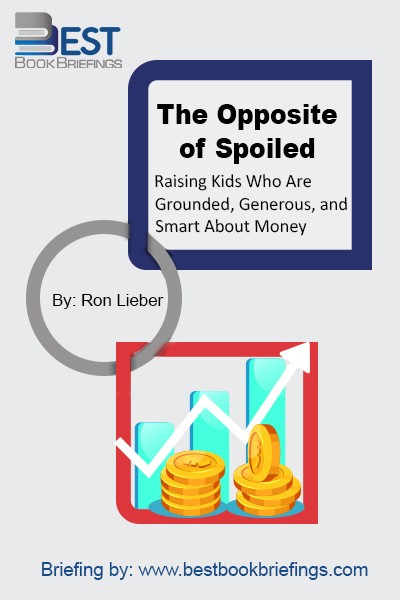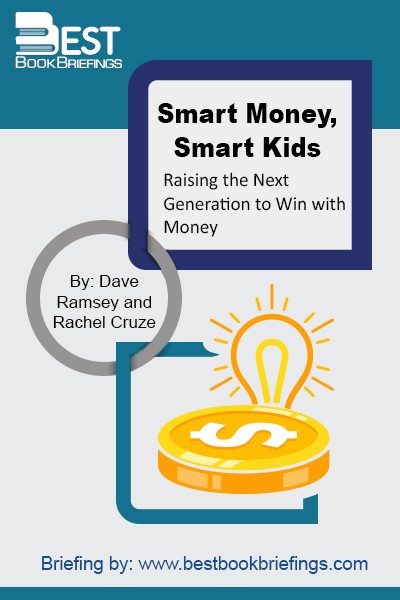Smart Money, Smart Kids
Raising the Next Generation to Win with Money
Editorial Review
There are two distinct extremes when it comes to parenting. First, there are the straight-laced, locked-down, rule-setting, control-freak parents who try to force their kids into a tight little box where they have no opportunities to make any decisions on their own. Some of these kids grow up, run off to college, and go completely crazy. That's because they've never been given an ounce of freedom. They simply don't know how to make good decisions because they never had the chance to make any decisions. Then there are the parents who seem to drift through life with no clear plan or boundaries; no rules, no guidelines. They let their children go freely. Those are the kids you see at restaurants screaming and throwing silverware across the table while the parents sit there, seemingly clueless, as they enjoy what they think is a nice, quiet dinner. Those kids cannot make good decisions because they've never been made to behave. Lucky for the next generation, these are not the only two options. There's a middle ground where your kids will be ready to accept responsibility of adulthood someday. It's a balance between enforcing strict rule-following and allowing personal responsibility.
Book Reviews
Books on Related Topics

It's no surprise that a record number of Americans are declaring bankruptcy while consumer debt and foreclosures are at an all time high. Many adults simply don't have the basic financial knowledge to safely navigate today's environment of predatory lending, identity theft, and nonstop consumer marketing. What's more, they don't know

Education expert Tony Wagner has conducted scores of interviews with business leaders and observed hundreds of classes in some of the nation’s most highly regarded public schools. He discovered a profound disconnect between what potential employers are looking for in young people today (critical thinking skills, creativity, and effective communication) and

We see prosperity as multidimensional. When you are happy, when you have enough money and are at peace with how you are earning that money, this leads to the sustainable state that we describe as prosperity. Balancing these three things—money, happiness, plus sustainability—leads to prosperity. The prosperity that we value depends

Every day, parents and their kids ask us for ideas on what kinds of businesses kids can start and run. Believe it or not, there are plenty of businesses that kids as young as 8 or 9 years old can start and make money at! Running a lemonade stand for a

Giftedness should extend far beyond a category or a label; it should certainly not be confined to a score or an IQ or achievement test. The test simplifies the recognition of some talents, but the complex potential of a child’s talents, sustained interests, and special aptitudes cannot be represented by performance

The Opposite of Spoiled is all about how, when and why to talk to kids about money, whether they are 3 years old or teenagers. Written in a warm, accessible voice, grounded in real-world experience and stories from families with a range of incomes, The Opposite of Spoiled is both a



